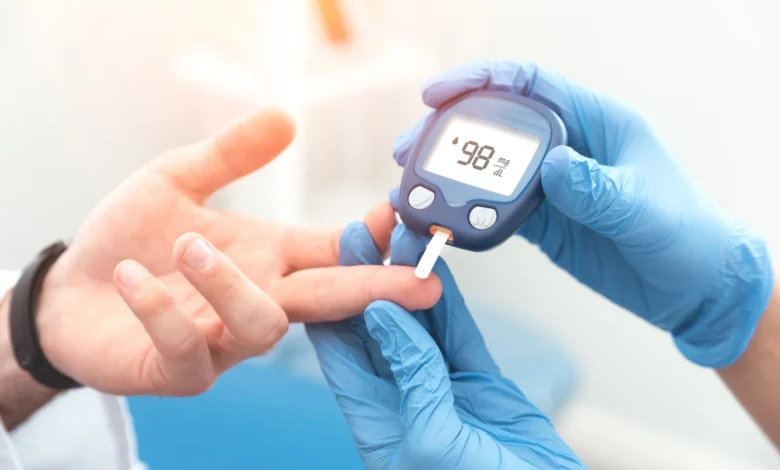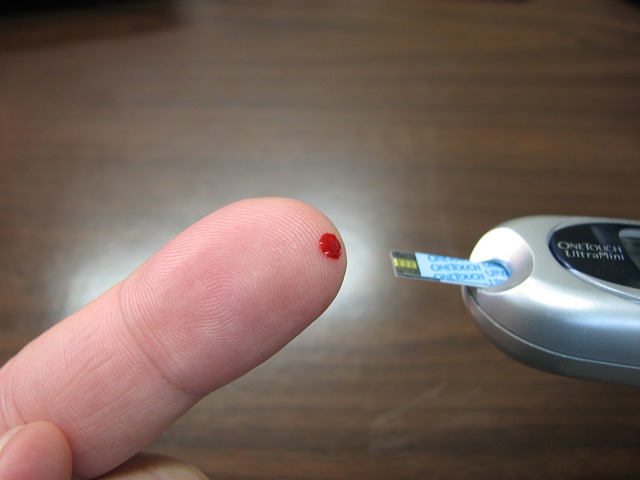Air pollution responsible for 20% of global type 2 diabetes cases: Lancet study
This connection between air pollution and diabetes is comparatively higher among men from lower socioeconomic backgrounds and individuals with additional health conditions

According to a study by Lancet (the world’s leading medical journal), 20% of global type 2 diabetes cases are linked to chronic exposure to particulate matter (PM) with a diameter of 2·5 μm or less (PM2·5). These pollutants are 30 times thinner than a strand of hair and can contribute largely to the risk of type 2 diabetes. The study has a wider relevance in countries like India as the quality of air is poor in the country and a large population is exposed to this harmful air.

The PM 2.5 pollutant is a major contributor to the worsening air quality and is often referred to as a killer. The study says that short-term exposure to PM 2.5 increases the risk of insulin resistance by triggering the autonomic nervous system, which leads to cardiovascular diseases. While monthly exposure to the same can increase blood sugar levels whereas prolonged exposure of about a year can lead to a 20% increase in the risk of type 2 diabetes.
This connection between air pollution and diabetes is comparatively higher among men from lower socioeconomic backgrounds and individuals with additional health conditions. The study indicates that the deadly pollutant PM2.5 is linked to chronic kidney disease in both diabetic and non-diabetic populations.
Globally 537 million people suffer from type 2 diabetes and about 50% of them are not even aware that they are diabetic. While, in India, about 77 million population above the age of 18 suffer from type 2 diabetes and about 25 million are prediabetic, as per WHO.
According to the World Air Quality Report, Bihar’s Begusarai is the most polluted metropolitan area in the World. Whereas Delhi was rated as the capital city with the poorest air quality. Delhi has been rated as the most polluted capital city 4 times since 2018.
You might also be interested in – Does the risk of Type 2 diabetes rise with less sleep?



